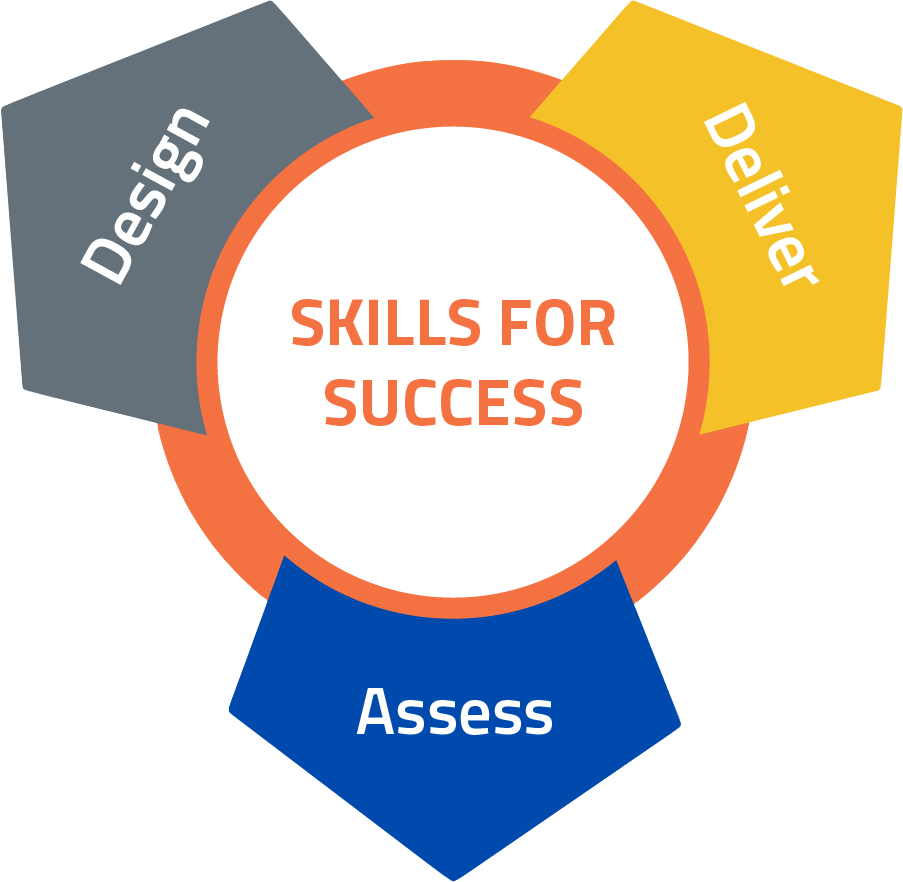Collaborative practice occurs when people of different backgrounds come together to work towards a common goal. In education, collaborative practice allows for interprofessional team teaching and planning.
- Collaborative Practice and Education: Framework for Change. Alberta. https://open.alberta.ca/dataset/3c2f8866-ae81-47fa-a048-d266e5d103f8/resource/2daba644-44b9-4859-a0f2-d31944611361/download/6208778-2012-goa-ah-framework-final.pdf
- National Education Association. Collaborative Practice. https://www.nea.org/student-success/great-public-schools/collaborative-practice
- Suter, E., Arndt, J., Arthur, N., Parboosingh, J., Taylor, E., & Deutschlander, S. (2009). Role understanding and effective communication as core competencies for collaborative practice. Journal of interprofessional care, 23(1), 41-51.(login required).
